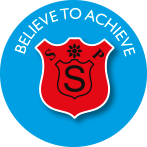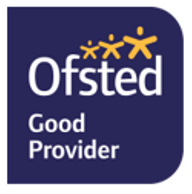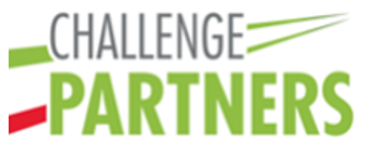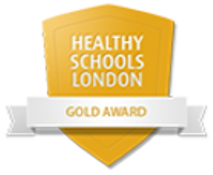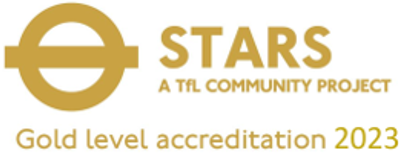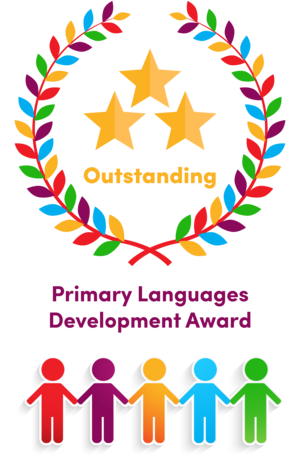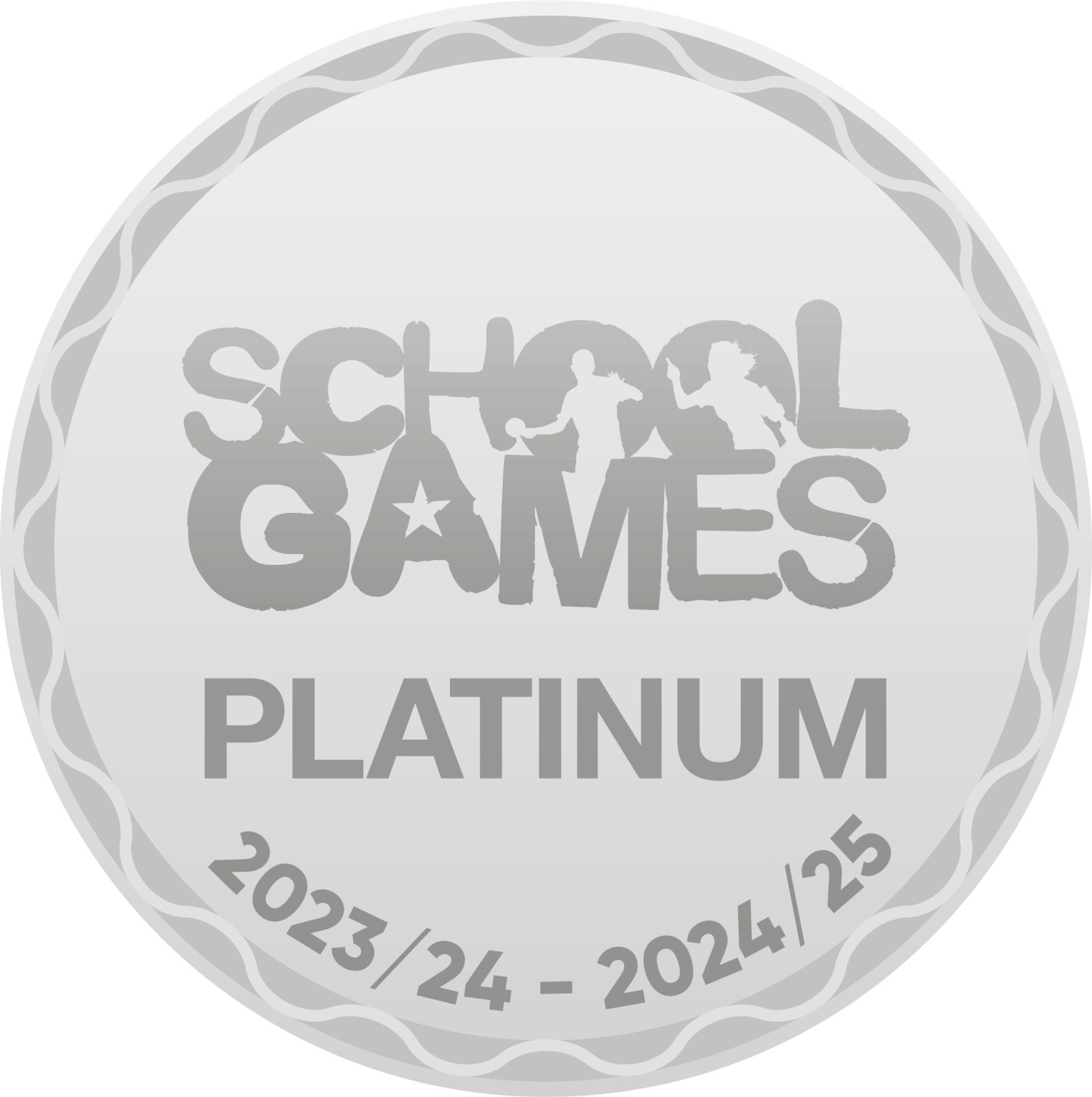PSHE
Subject Leader
Ms. Granger
Curriculum Purpose
Our curriculum advances children’s knowledge of the world by embracing the rich diversity of our school community to prepare them for the challenges and opportunities of modern life.
Curriculum Rationale
At Sudbury Primary School, we aim to promote healthy, independent and responsible members of society. We encourage all of our pupils to play a positive role in contributing to school life as well as the wider community. This is done through motivating children to get involved in our school Learning Council, to take part in fundraising events and to participate in the other community activities on offer. Our pupils are given opportunities in PSHE lessons and assemblies to develop confidence, self-motivation and an understanding of their rights and responsibilities within our diverse society.
We teach PSHE following the mindful approach programme, Jigsaw. This brings together PSHE Education, emotional literacy, mindfulness, social skills and spiritual development. Jigsaw is designed as a whole school approach, with all year groups working on the same theme (Puzzle) at the same time.
Curriculum Map
What do the children learn?
Autumn 1
Being Me In My World covers a wide range of topics, including a sense of belonging, welcoming others and being part of a school community, a wider community, and a global community; it also looks at children’s rights and responsibilities, working and socialising with others, and pupil voice.
Autumn 2
Celebrating Difference focuses on similarities and differences and teaches about diversity, such as disability, racism, power, friendships, and conflict; children learn to accept everyone’s right to ‘difference’, and most year groups explore the concept of ‘normal’; bullying – what it is and what it isn’t, including cyber and homophobic bullying – is an important aspect of this Puzzle.
Spring 1
Dreams and Goals aims to help children think about their hopes and dreams, their goals for success, what personal strengths are, and how to overcome challenges, via team work skills and tasks. Children learn about experiencing and managing feelings of pride, ambition, disappointment, success; and they get to share their aspirations, the dreams and goals of others in different cultures/countries, and their dreams for the world.
Spring 2
Healthy Me covers two main areas of health: Emotional health (relaxation, being safe, friendships, mental health skills, body image, relationships with food, managing stress) and Physical health (eating a balanced diet, physical activity, rest and relaxation, keeping clean, drugs and alcohol, being safe, first aid) in order for children to learn that health is a very broad topic.
Summer 1
Relationships has a wide focus, looking at diverse topics such as families, friendships, pets and animals, and love and loss. A vital part of this Puzzle is about safeguarding and keeping children safe; this links to cyber safety and social networking, as well as attraction and assertiveness; children learn how to deal with conflict, their own strengths and self-esteem. They have the chance to explore roles and responsibilities in families, and look at stereotypes. All Jigsaw lessons are delivered in an age- and stage-appropriate way so that they meet children’s needs.
Summer 2
Changing Me deals with change of many types, from growing from young to old, becoming a teenager, assertiveness, self-respect and safeguarding. Self and body image, puberty, attraction and accepting change are diverse subjects for children to explore. Each year group thinks about looking ahead, moving year groups or the transition to secondary school. Life cycles and how babies are made and grow are treated sensitively and are designed to meet children’s needs. All year groups learn about how people and bodies change. This Puzzle links with the Science curriculum when teaching children about life cycles, babies and puberty.
The Jigsaw Approach is underpinned by mindfulness. Mindfulness is being able to observe your own thoughts and feelings as they happen, in the present moment, applying no judgement. Jigsaw teaches children to understand their thoughts and feelings and through both taught lessons and the Calm Me time exercises (using the Jigsaw chime), helping to develop their awareness, and their capacity to be mindful human beings. Learning is thus enhanced as emotions are regulated, behaviour managed and calmness generated.
Progression Map
TBC
Enrichment
TBC
Resources
Please help support your child at home by referring to ‘Our Learning Charter’. This reminds children of our expectations for their learning behaviour and their responsibilities.

Families can explore PSHE in the following ways:
- Draw a family tree together – use photographs as well as text
- Have a feelings circle at home – talk about events in the family, the community and the world around them
- Get your child involved in budgeting and shopping – “Feed a family of four for a fiver!”
- Job lists around the home – get your children to be chefs or waiters for the day!
- Local volunteer groups always need your help – go to www.brent.gov.uk, and search for events and what’s on, then search for community events.
Why not visit the library as a family? It’s fun, free and fabulous!
Here are some books with a PSHE theme that you may like to share:
 |
 |
 |
|
|
 |
 |
 |
How about visiting the Science Museum?
Two super exhibitions are: ‘Who am I?’ and ‘Health Matters’.

